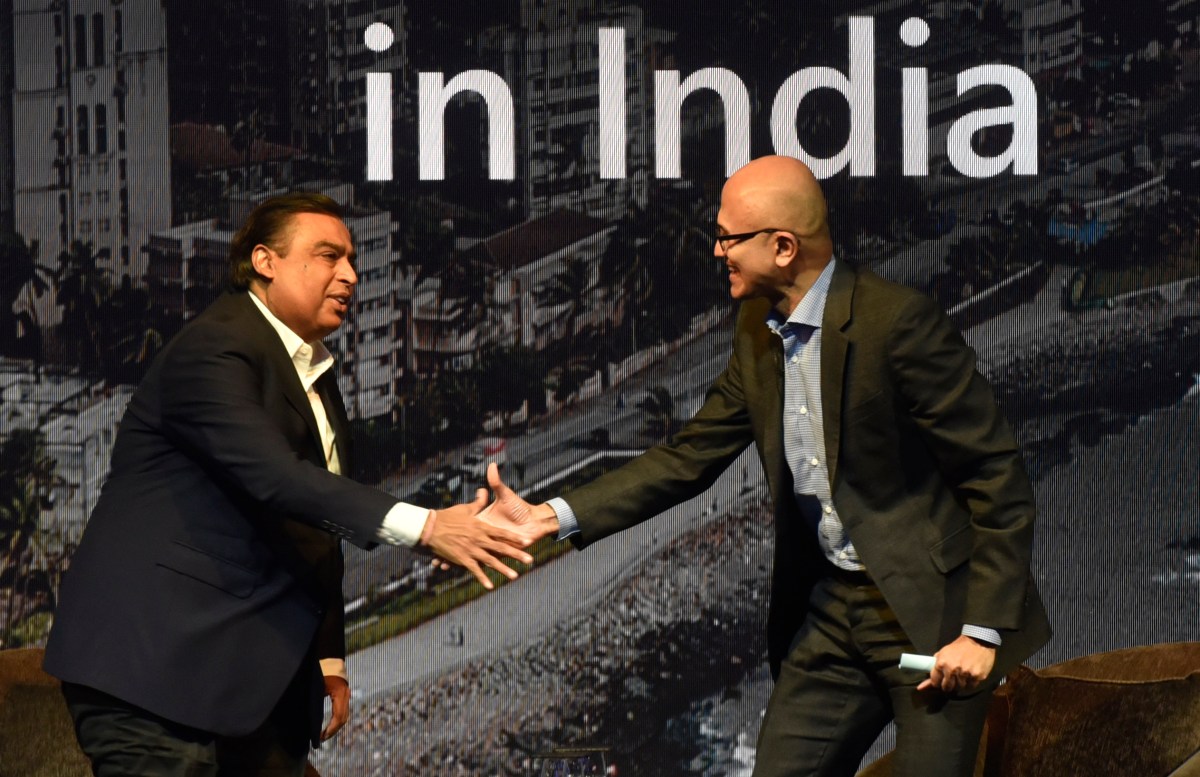Global technology giants are pushing back against attempts by India’s telecom networks to bring internet services under stricter regulation, rejecting arguments that such measures are necessary to create a “level playing field” and address national security concerns.
The Asia Internet Coalition (AIC), a powerful industry body that represents Amazon, Apple, Google, Meta, Microsoft, Netflix and Spotify, has forcefully argued against inclusion of the so-called over-the-top (OTT) services in the proposed regulatory framework (PDF) for telecom operators.
In a submission to the Telecom Regulatory Authority of India (TRAI), the AIC said there are fundamental differences in technology, operations and functionality between OTT services and traditional telecom operations.
OTT services operate on the application layer, while telecom service providers (TSPs) operate on the network layer. Unlike TSPs, OTT providers do not have rights to acquire spectrum, obtain numbering resources or interconnect with the public switched telephone network.
“OTT communication services are not substitutes of traditional telecom services,” the AIC wrote in its submission, noting that OTT services offer additional functionalities like group chats, voice notes and in-app content sharing.
Including internet services in the new framework could violate net neutrality principles and harm consumer interests, the AIC warned.
“At the outset, we would like to submit that OTT communication services are already regulated under a host of laws, including as ‘intermediaries’ under the IT Act and the rules and regulations issued thereunder. Thus, concerns that OTT communication services operate in an ecosystem where there is no regulatory oversight are unfounded,” the AIC also stated.
The coalition argues there are already enough regulations in India that oversee OTT services, including requirements for interception, content takedown, incident reporting and user grievance redressal under the IT Act and related rules.
This resistance comes in response to a coordinated push by India’s top telecom operators — Bharti Airtel, Reliance Jio and Vodafone Idea — to bring OTT services under a new authorization framework.
Jio, India’s largest telecom operator with more than 475 million subscribers, along with other telco operators have recommended that OTT providers contribute to network development costs based on their traffic consumption, turnover and user base.
The telcos’ push comes as they grapple with low average revenue per user — of approximately $2 per month. Having collectively invested $19 billion in 5G airwaves last year, the carriers are seeking regulatory intervention to boost margins.
The AIC disputed claims of OTT services “free-riding” on telecom infrastructure. Jeff Paine, AIC’s managing director, said that OTT services have driven increased data consumption and revenues for carriers.
The AIC also argued that regulating OTT services under the Telecommunications Act, 2023 would go beyond its intended scope. The coalition noted that when the Act was introduced in Parliament, the telecoms minister, Ashwini Vaishnaw, clarified that “OTT has been regulated by the IT Act of 2000 and continues to be regulated by the IT Act” and also stipulated “there is no coverage of OTT in the new telecom bill passed by the Parliament.”
The debate in India mirrors similar discussions in South Korea and Europe, where network operators are also pushing for contributions from large tech companies.
#tech #giants #fight #Indian #telcos #bid #regulate #internet #services #pay #network #usage
